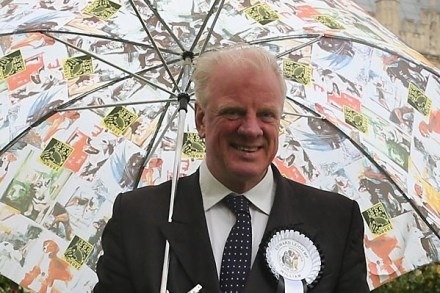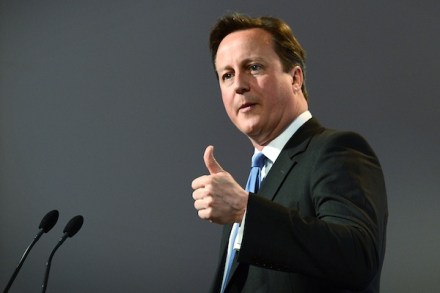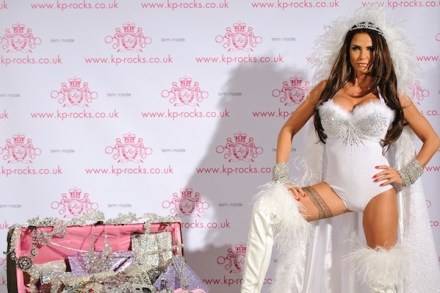Leaked letter shows ministers trying to calm tensions on marriage tax breaks
Ministers are clearly mindful of the potential damage that Tim Loughton’s amendment to the Finance Bill calling for tax breaks for married couples could cause. This is one of those issues that could become a rebellion if it is poorly-managed by the leadership, or equally could be a bit of a damp squib if enough backbenchers are reassured and feel they should show loyalty to George Osborne. David Gauke has sent out a letter to Tory MPs trying to do just that. This ‘dear colleague’ message, which I’ve been passed, tells backbenchers that the Chancellor will announce the details of a transferable tax allowance ‘in due course’, which is what the



















